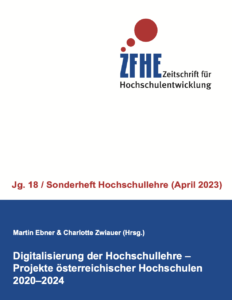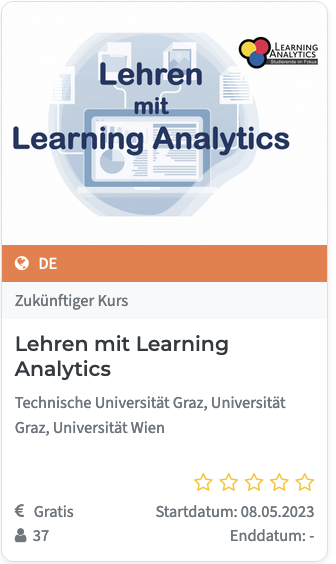We did a small piece of research about „Information Systems Maintenance: Maintenance Factors for Information Systems with a Focus on Teaching and Learning“ and it was now published:
Abstract:
This work deals with the maintenance of information systems—specifically, with the maintenance of information systems that have a focus on teaching and learning. Depending on the context of an information system, there are different influencing factors for the maintenance of these systems. This work clarifies how the maintenance activities and their influencing factors differ in an information system for teaching and learning from other information systems, or why some influencing factors are particularly more important. The first step is to understand what maintenance means, why there is a need for maintenance, and which maintenance strategies can be used. Finally, the defined factors of influencing the maintenance of information systems for teaching and learning are evaluated during interviews with experts in order to be able to determine their relevance. A further part of this document is the influence of the General Data Protection Regulation (GDPR) guidelines on information systems maintenance, which came into force on May 25, 2018. These guidelines of the GDPR affect a large part of all information systems that process data—in particular, the processing of personal data. The GDPR regulates, among other things, the rights and obligations of data processing.
[full article @ ResearchGate]
[full article @ journal’s homepage]
Reference: Pilz, M., Ebner, M., & Wachtler, J. (2023). Information Systems Maintenance: Maintenance Factors for Information Systems with a Focus on Teaching and Learning. International Journal of Emerging Technologies in Learning (iJET), 18(15), pp. 67–78. https://doi.org/10.3991/ijet.v18i15.40919




